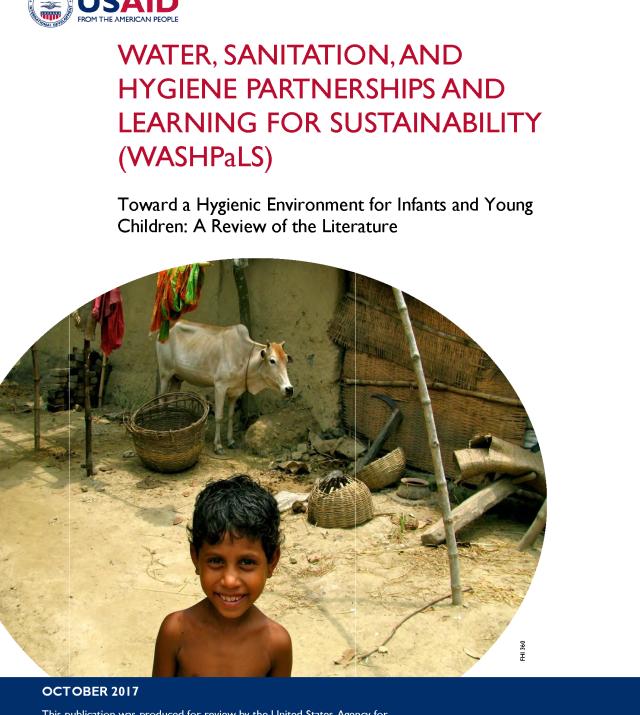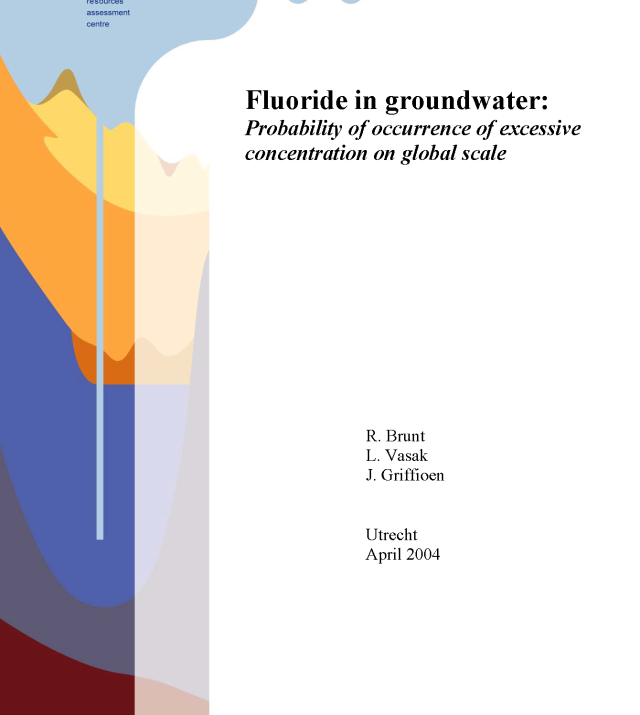
Final Report - Ethiopia Endline Study: Quantitative Assessment of Food-for-Peace Development Food Assistance Projects (DFAPs)

This report provides results from a mixed-methods study of recently completed United States Agency for International Development (USAID) Food for Peace (FFP) Development Food Assistance Projects (DFAPs) in Ethiopia. The DFAPs were designed to: 1) enhance resilience to shocks and livelihoods; and 2) improve food security and nutrition for rural households vulnerable to food insecurity. Four nongovernmental organizations (NGOs), Catholic Relief Services (CRS), Food for the Hungry (FH), Ethiopia/Relief Society of Tigray (REST), and Save the Children USA (SCUS), implemented the FFP funded DFAPs in selected woredas of Ethiopia, respectively, in the Oromia Region and Dire Dawa Administrative Unit, the Amhara Region, the Tigray Region, and in Somali and Oromia Regional States. Unfortunately, for security reasons it was not possible to include an assessment of the SCUS DFAP in this study.
The endline (EL) study was conducted by a team assembled by Mendez England & Associates (ME&A), under the Evaluation and Learning Mechanism (EVELYN). It was conducted as part of a joint baseline (BL) and EL population-based survey (PBS). The qualitative data were drawn from Tufts University’s qualitative performance evaluation report of the four DFAPS (2017). Additional qualitative data were used from the qualitative study (QS) conducted in 2017 for the BL report for newly-awarded Development Food Security Activities (DFSAs) in Ethiopia. The primary purpose of the EL study is to provide endline estimates for key FFP impact and outcome indicators drawn from communities assisted by the DFAPs, and compare these indicators where appropriate with those collected at baseline. The intended audiences are FFP and its implementing partners (IPs), as well as other key stakeholders.

